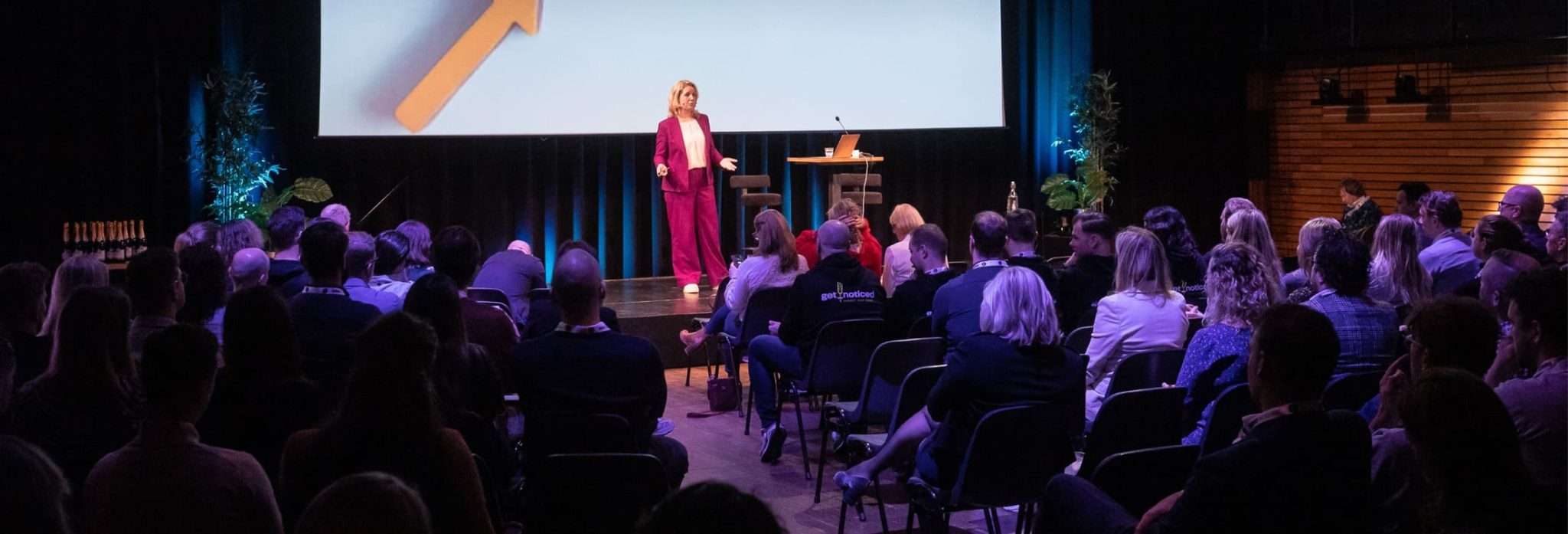Last Wednesday, Microsoft released a new report (2024 Work Trend Index Annual Report) on the use of AI in the workplace. Very interesting figures. Here are some striking ones:
- 75% of knowledge workers already use AI and are not going to wait for their employer to organise it for them
- 53% of people using AI at work worry that using it for important tasks will make them seem expendable
- AI is starting to impact the job market. With a hidden talent shortage, workers are eager to change jobs. As many as 46%!
- 66% of leaders say they will no longer hire anyone without AI skills
- Junior employees can get a new edge: 77% of leaders say talent at the beginning of their careers will have more responsibilities thanks to AI
- While 79% of leaders believe their company needs to adopt AI to stay competitive, 60% of leaders worry that their organisation’s leadership does not have a plan and vision to implement it.
- For the vast majority of people, AI does not replace their job, but transforms it serve their next job might be a role that does not yet exist
For us at humain power, one result that stands out is: 90% of users say AI helps them save time, 85% say they focus on their most important work, 84% feel they are more creative and 83% enjoy their work more. Because it’s not just about the skills to deal with AI, it’s actually about developing our human skills. Skills and qualities that make us human and allow us to add value to work. These studies and figures focus mainly on the power of AI, but I miss the dialogue about people and the work itself. And so that is precisely why the quote below is so important. Besides having a purpose, organisations should ensure that employees have a job in which they are autonomous, are allowed to use their human skills and perform tasks that matter.
‘Over the past few decades, companies have been renegotiating the psychological contract-the why of work-with their employees, influenced by new generations, labour trends, and the pandemic. Now companies must renegotiate the ‘operational contract’-the how of work-with their employees as AI puts more power into the hands of workers in terms of the way the job gets done.’
- Constance Noonan Hadley, Organisational Psychologist, Institute for Life at Work and Boston University Questrom School of Business

